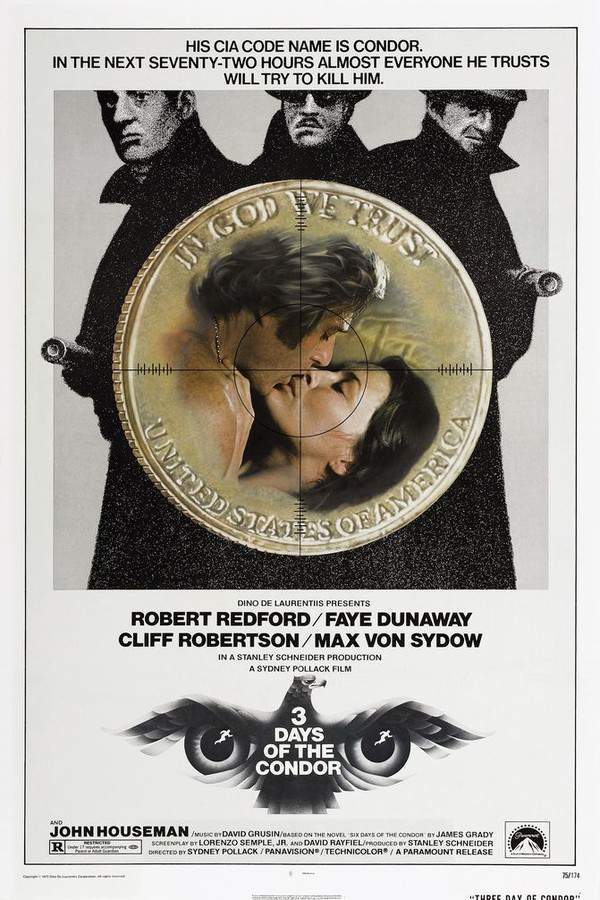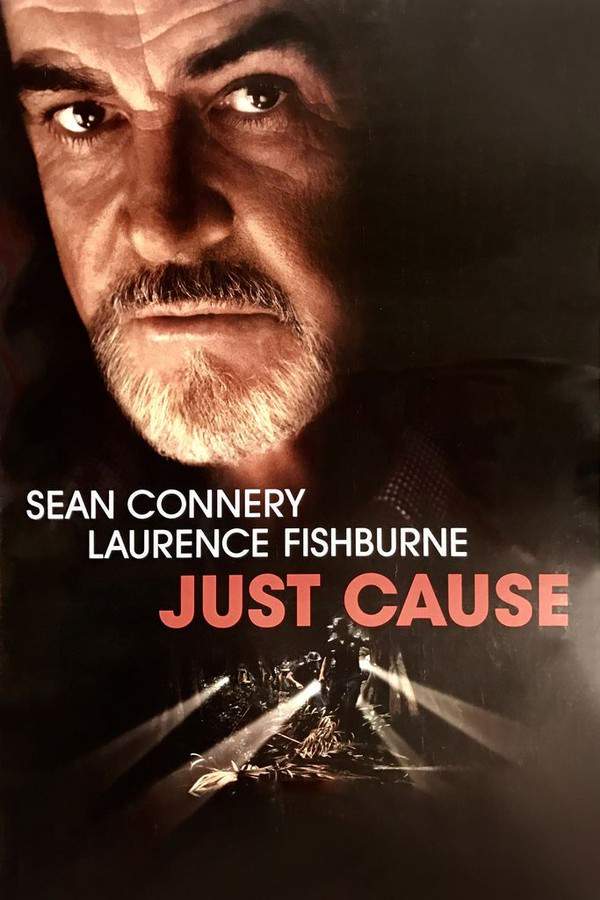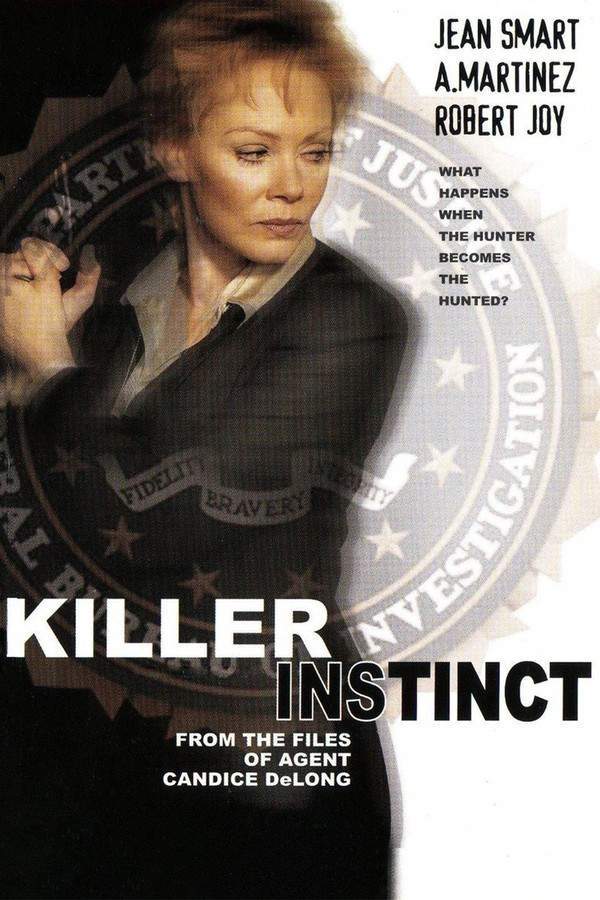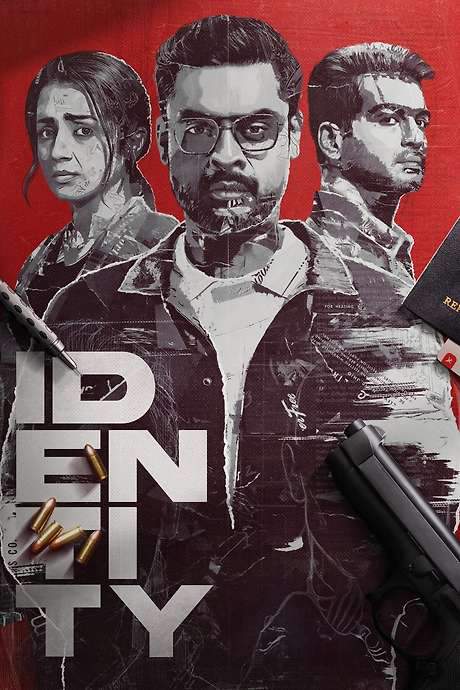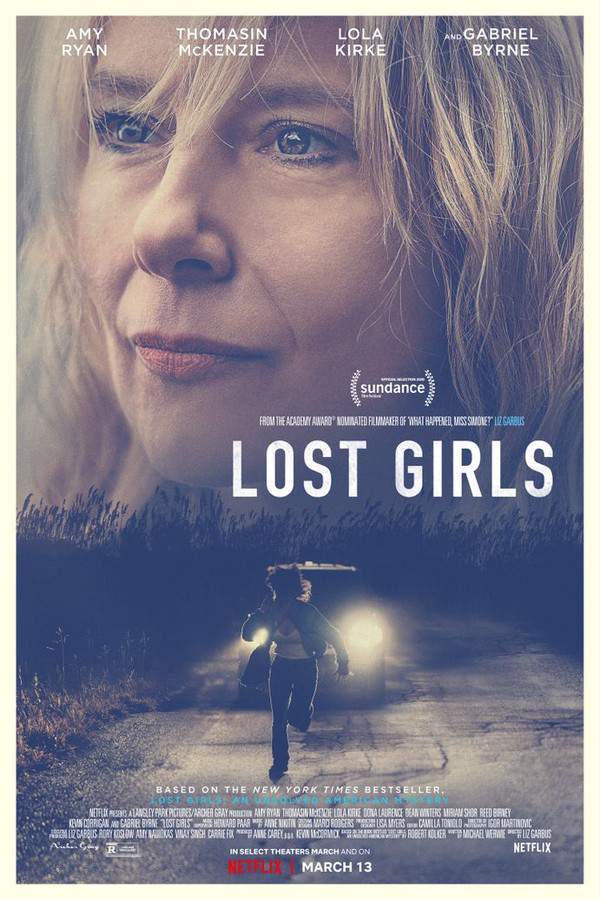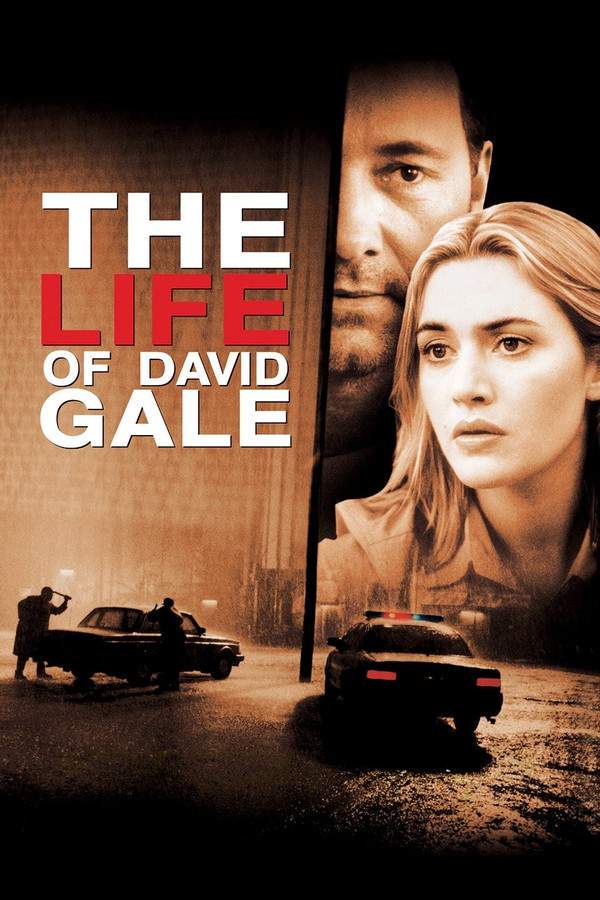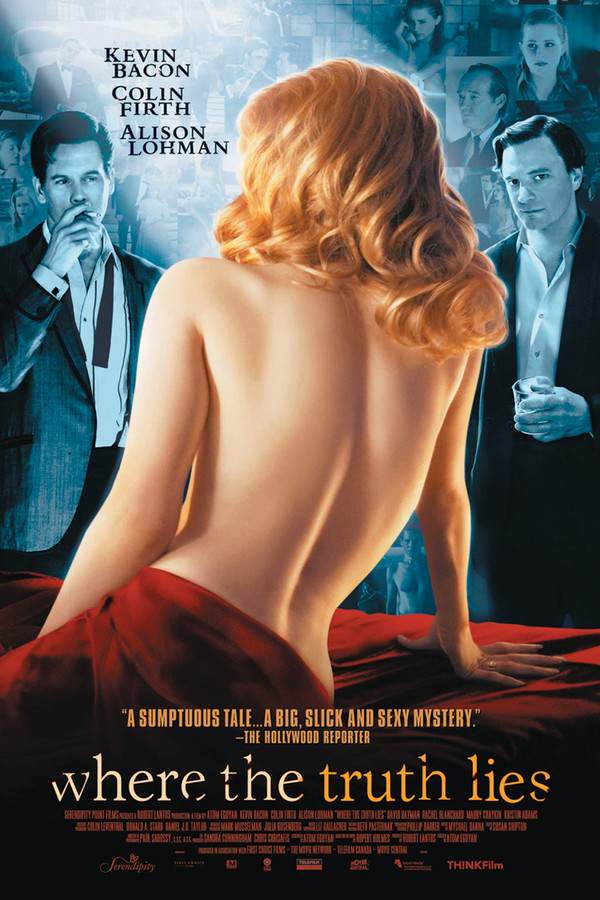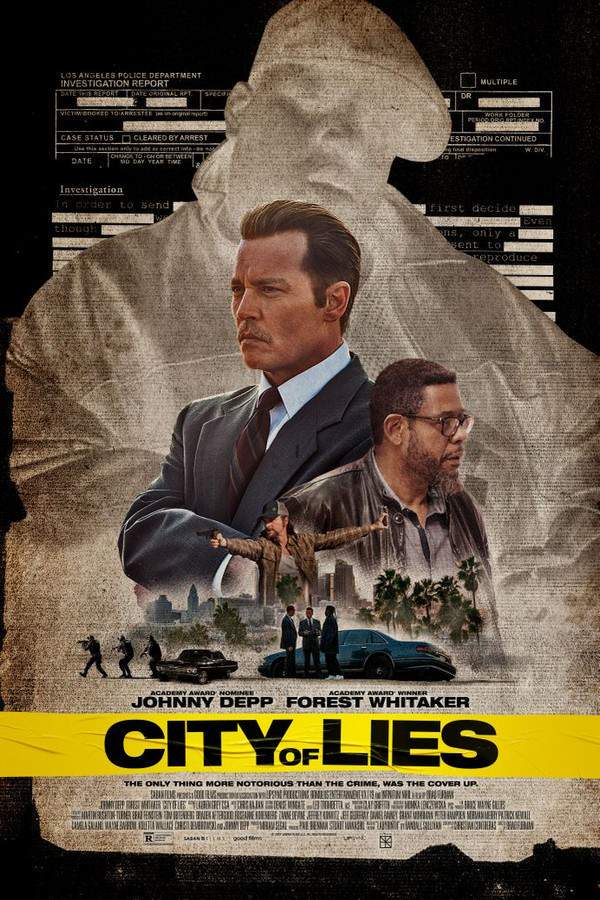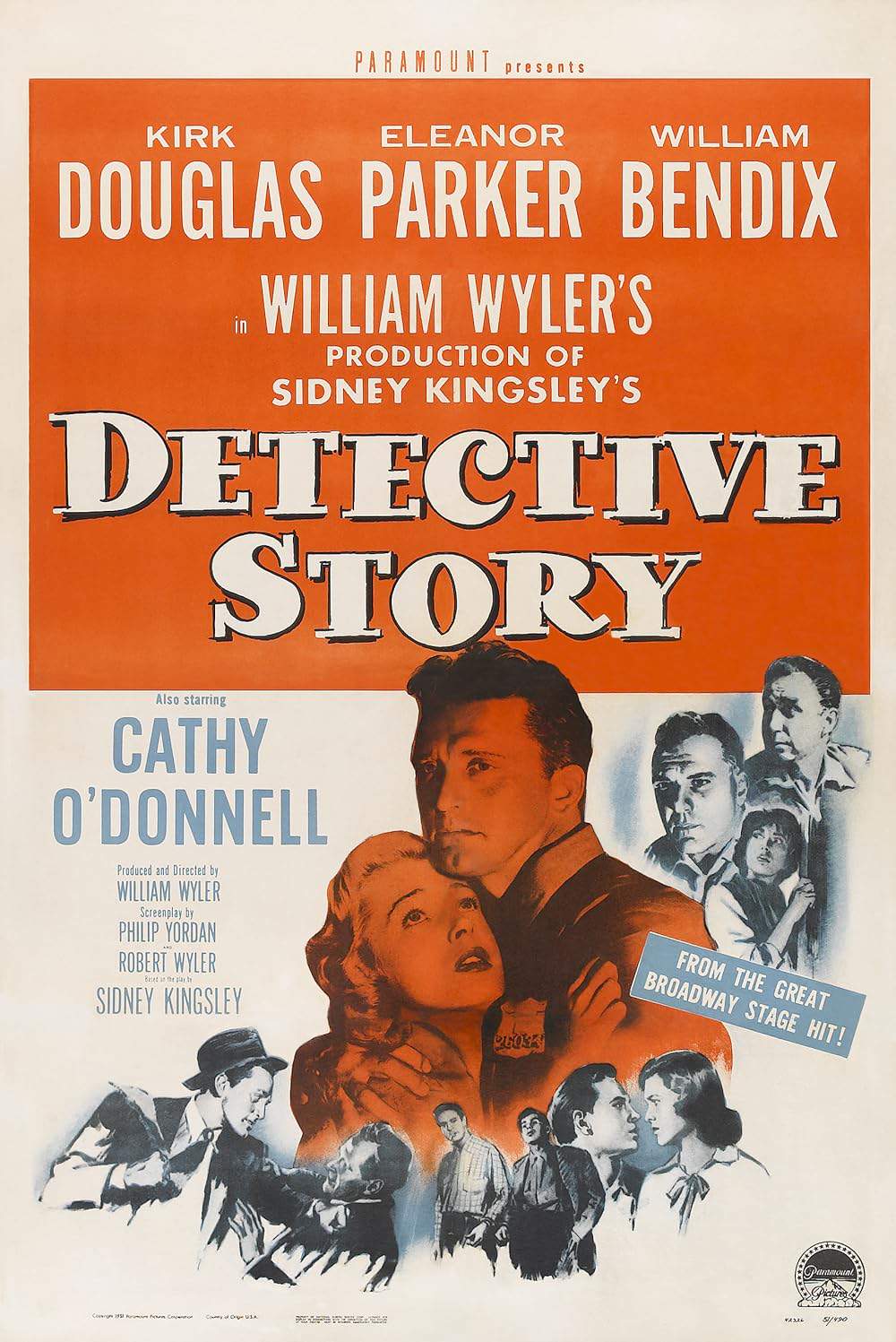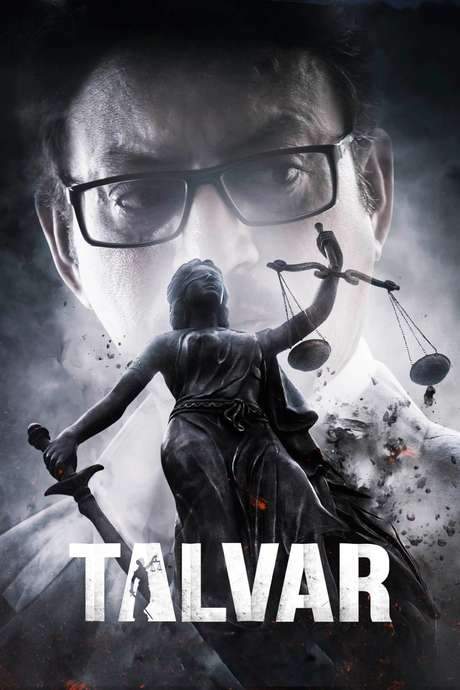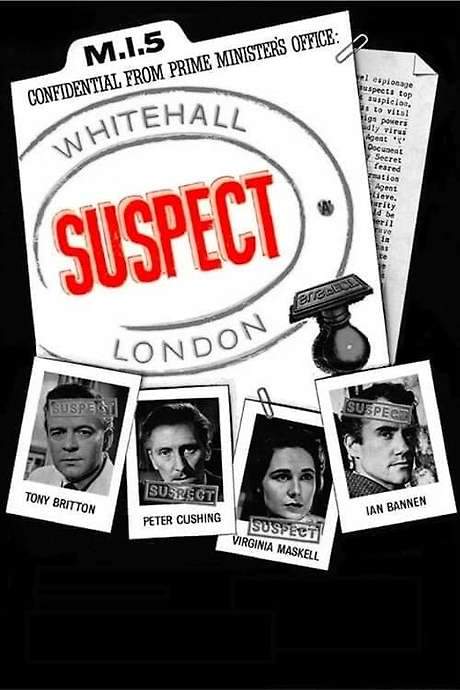
My Brother-in-law Killed My Sister
Year: 1986
Runtime: 95 mins
Language: French
Director: Jacques Rouffio
Two members of the French Academy ally with the attractive young veterinarian Esther to investigate her sister’s suspicious death. Convinced her brother‑in‑law is culpable, Esther soon discovers the killers are part of a complex conspiracy that reaches the highest echelons of Vatican power and its religious hierarchy.
Warning: spoilers below!
Haven’t seen My Brother-in-law Killed My Sister yet? This summary contains major spoilers. Bookmark the page, watch the movie, and come back for the full breakdown. If you're ready, scroll on and relive the story!
My Brother-in-law Killed My Sister (1986) – Full Plot Summary & Ending Explained
Read the complete plot breakdown of My Brother-in-law Killed My Sister (1986), including all key story events, major twists, and the ending explained in detail. Discover what really happened—and what it all means.
At a formal ceremony, the anthropologist Étienne Sembadel is honoring his longtime colleague Octave Clapoteau. A young veterinarian, Esther Bouloire, who had spoken with Sembadel at one of his lectures, steps forward and asks if they can dine together. What begins as a strange, almost desperate invitation soon spirals into a web of suspicion, family secrets, and deadly power plays.
Esther reveals a chilling claim: she believes her sister Genevieve was murdered and her body burned. The two academics, though wary, listen, but their skepticism is clear enough to push Esther to seek help elsewhere. They decide to place her in a mental health clinic to ensure she receives proper care. After her release, the trio—[Esther Bouloire], [Étienne Sembadel], and [Octave Clapoteau]—accompany the heavily medicated Esther as she drives toward her veterinary practice, then forcefully enters the office of her late father’s law business, and shows them the layout of her house and the house of her “evil” cousin, Muriel.
Esther proceeds to explain the Bouloire family’s tangled history: her father and his brother Leopold, who ran the Bouloire Brothers business, died in mysterious car accidents along with their wives. The enterprise is now controlled by the hunchbacked third brother, [Jocelyn Bouloire-Haussmann], who tells a story of his own while maintaining a carefully controlled public image. The two academics press for answers, and Esther urges them to meet Jocelyn, hoping he might confirm what she suspects.
Their next move is to confront the brother-in-law, but he comes across as a peculiar, sports-obsessed eccentric, hardly the profiling target Esther hopes for. Undeterred, the investigators press on and decide to seek Jocelyn out themselves. The encounter with Jocelyn reveals that Genevieve was fond of a Swiss lawyer named Bongrand; however, a trip to Geneva yields another dead end. Mr. Bongrand informs them that Genevieve might have known his son, Paul Bongrand Jr., who recently died in a climbing accident in the Dolomites. Soon after, the two academics are arrested by the police on suspicion of involvement in Bongrand Jr.’s death.
Back in France, the plot thickens as Homecourt appears seeking help from Muriel, only to encounter Esther instead. He confesses that three killers are hunting him because someone claimed that he had revealed the name Munoz to Sembadel and Clapoteau. He admits involvement in Munoz’s murder but refuses to disclose Genevieve’s whereabouts. Esther ejects Homecourt from the premises, and he is shot dead as he leaves through the gate.
Three days later, Jocelyn confronts Sembadel’s wife with a damning charge: Esther and her husband are responsible for Homecourt’s death. The revelations threaten to tear the small circle apart, and suspicion quickly shifts toward Esther herself. The pressure drives the pair to take drastic steps: they publish a comprehensive article in Left-Weekly detailing twelve murders tied to the Bouloire network, including Homecourt’s European killings and the fates of Esther’s aunts and uncles. In parallel, Esther presents journalists with documents found in her sister’s safe that incriminate 41 people, including three ministers, intensifying the political stakes of the case.
Tragedy continues to mount as Muriel is shot dead by three assassins while leaving the Bouloire-Haussmann offices. Esther teams up with Léon, Muriel’s husband, to rescue Sembadel and Clapoteau from their apartment, and the four attempt to flee the city. Léon, consumed by grief and danger, decides to return for his wife’s funeral but is fatally shot on his way home. The remaining trio—Esther, [Étienne Sembadel], and [Octave Clapoteau]—hurry toward a safer sanctuary, chasing a lead that takes them to the Countess Renata Palozzi’s chateau. Renata Palozzi somehow provides a path to safety, guiding them to Rome. Yet safety proves fragile: moments after escaping the immediate threat, Sembadel and Clapoteau are gunned down near the Vatican, leaving Esther to confront the last, intimate consequences of the conspiracy.
In the end, the two scholars meet their fate, but the film closes on a surreal, almost celestial note as they appear to celebrate their final moment together—dancing in Heaven—an eerie, poignant coda to a thriller built on secrecy, guilt, and the price of truth.
Last Updated: October 09, 2025 at 14:40
Explore Movie Threads
Discover curated groups of movies connected by mood, themes, and story style. Browse collections built around emotion, atmosphere, and narrative focus to easily find films that match what you feel like watching right now.
Political Conspiracy Thrillers like My Brother-in-law Killed My Sister
Ordinary individuals uncover dangerous secrets that powerful institutions want to keep buried.If you enjoyed the dangerous investigation and high-level cover-up in My Brother-in-law Killed My Sister, you'll find more movies like it here. These films follow characters risking everything to expose a conspiracy, featuring tense pacing, complex plots, and a pervasive sense of paranoia.
Narrative Summary
The narrative typically begins with a personal catalyst, like a suspicious death, that propels an amateur investigator into a web of lies. As they dig deeper, they find the conspiracy is larger and more powerful than imagined, leading to a series of chases, confrontations, and betrayals that put their life in immediate danger.
Why These Movies?
Movies in this thread share a core structure of an individual versus a monolithic, corrupt system. They are united by a fast pace, high tension, and a complex plot that requires unraveling. The mood is consistently suspenseful and paranoid, making the viewer feel the protagonist's vulnerability and fatalistic dread.
Bleak Investigative Tragedies like My Brother-in-law Killed My Sister
Stories where the pursuit of justice comes at a devastating personal cost.For viewers who appreciated the heavy emotional weight and tragic conclusion of My Brother-in-law Killed My Sister, this section collects similar movies with sad endings. These stories focus on investigations where the truth is uncovered, but the personal cost is unbearably high.
Narrative Summary
The narrative follows a determined investigator who is driven by a personal connection to the case. Their quest is marked by escalating danger and loss, often of allies and friends. The story culminates in a pyrrhic victory where the truth is revealed, but the protagonist is left isolated, traumatized, or having sacrificed everything.
Why These Movies?
These films are grouped by their shared emotional arc: a descent into darkness where the mission's success is overshadowed by personal tragedy. They feature a heavy emotional weight, a tense and fast-paced structure, and most importantly, a conclusively sad or bleak ending that emphasizes the high price of truth.
Unlock the Full Story of My Brother-in-law Killed My Sister
Don't stop at just watching — explore My Brother-in-law Killed My Sister in full detail. From the complete plot summary and scene-by-scene timeline to character breakdowns, thematic analysis, and a deep dive into the ending — every page helps you truly understand what My Brother-in-law Killed My Sister is all about. Plus, discover what's next after the movie.
My Brother-in-law Killed My Sister Timeline
Track the full timeline of My Brother-in-law Killed My Sister with every major event arranged chronologically. Perfect for decoding non-linear storytelling, flashbacks, or parallel narratives with a clear scene-by-scene breakdown.

Characters, Settings & Themes in My Brother-in-law Killed My Sister
Discover the characters, locations, and core themes that shape My Brother-in-law Killed My Sister. Get insights into symbolic elements, setting significance, and deeper narrative meaning — ideal for thematic analysis and movie breakdowns.

My Brother-in-law Killed My Sister Spoiler-Free Summary
Get a quick, spoiler-free overview of My Brother-in-law Killed My Sister that covers the main plot points and key details without revealing any major twists or spoilers. Perfect for those who want to know what to expect before diving in.

More About My Brother-in-law Killed My Sister
Visit What's After the Movie to explore more about My Brother-in-law Killed My Sister: box office results, cast and crew info, production details, post-credit scenes, and external links — all in one place for movie fans and researchers.

Similar Movies to My Brother-in-law Killed My Sister
Discover movies like My Brother-in-law Killed My Sister that share similar genres, themes, and storytelling elements. Whether you’re drawn to the atmosphere, character arcs, or plot structure, these curated recommendations will help you explore more films you’ll love.
Explore More About Movie My Brother-in-law Killed My Sister
My Brother-in-law Killed My Sister (1986) Scene-by-Scene Movie Timeline
My Brother-in-law Killed My Sister (1986) Movie Characters, Themes & Settings
My Brother-in-law Killed My Sister (1986) Spoiler-Free Summary & Key Flow
Movies Like My Brother-in-law Killed My Sister – Similar Titles You’ll Enjoy
Fatal Instinct (1993) Plot Summary & Ending Explained
He Died with His Eyes Open (1985) Story Summary & Characters
My Sister and I (1987) Ending Explained & Film Insights
Murder & Matrimony (2021) Full Summary & Key Details
A Deadly Invitation (2023) Film Overview & Timeline
Sister My Sister (1994) Movie Recap & Themes
The Sister in Law (1974) Full Summary & Key Details
My Sister in Law (1976) Ending Explained & Film Insights
The Infernal Trio (1974) Complete Plot Breakdown
A Murder Is a Murder (1972) Complete Plot Breakdown
The Sisters (1969) Plot Summary & Ending Explained
A Brother… (1997) Film Overview & Timeline
Speaking of Murder (1957) Movie Recap & Themes
My Brother’s War (1997) Spoiler-Packed Plot Recap
Deadly Family Secrets (1995) Ending Explained & Film Insights


